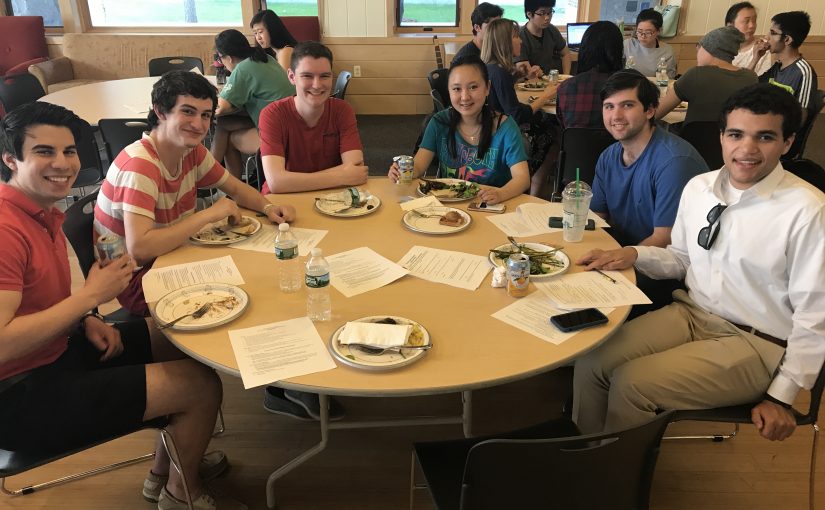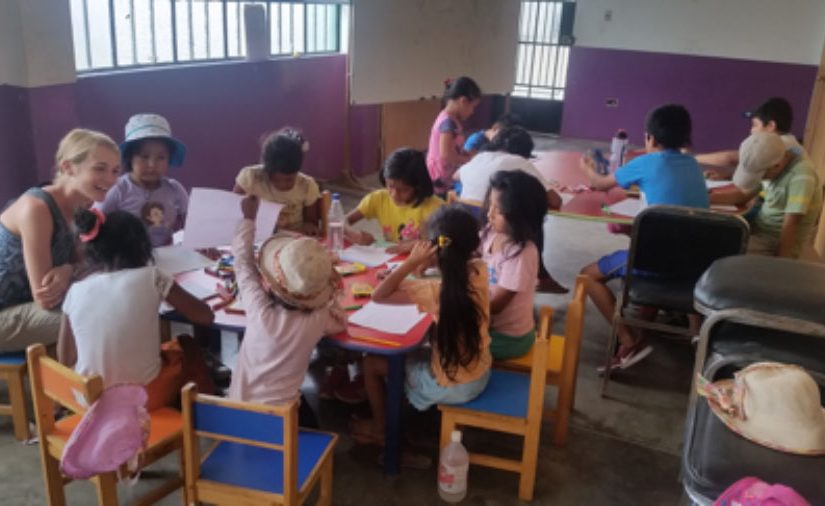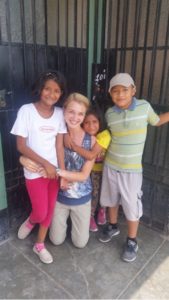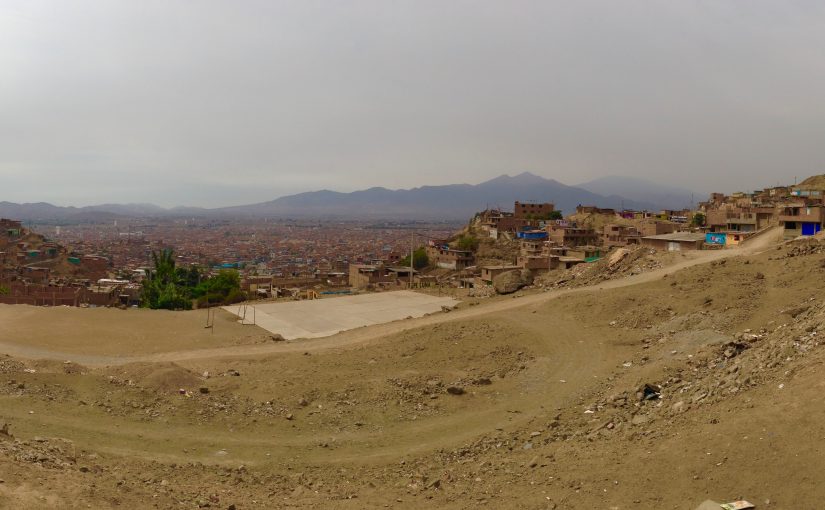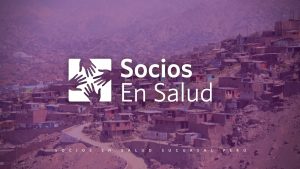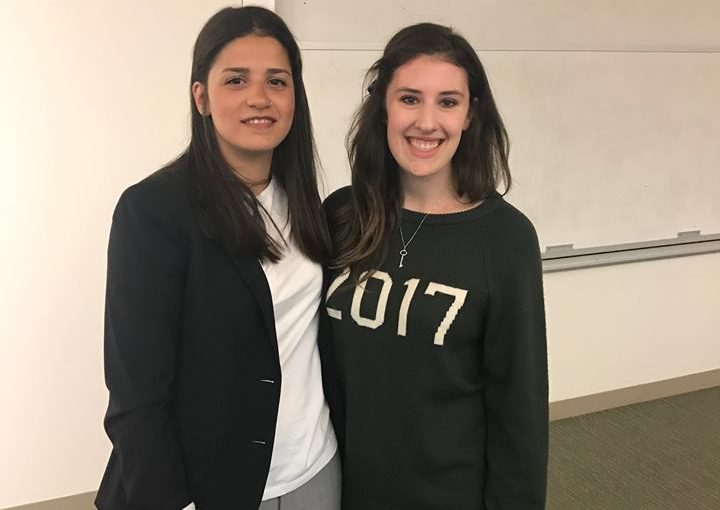“This term opened my eyes to how much we take for granted in the medical field today. Now it’s just assumed that we’ll be able to identify a disease’s source and method of transmission within weeks of an outbreak, but none of that was obvious only a few centuries ago” observed freshman Katrina Keating. Katrina attributes her light bulb moment to a Great Issues Scholars event from earlier in the term, in which the scholars, guided by Professor Jonathan Chipman, analyzed maps of an unknown disease’s spread around an unknown city. The scholars wrongly attributed the scenario to a modern outbreak in the developing world, while in reality, the context was the 1854 Broad Street cholera outbreak in London. Now, three weeks later, Katrina and her fellows Great Issues Scholars shared a meal of seafood paella, fresh roasted vegetables, and an assortment of Spanish desserts reminiscing and reflecting on this and other global-health themed events from the past term.
For some students, the term solidified a preexisting interest in global health. Grace Li, an aspiring linguistics and Chinese double major, plans to pursue medical school after Dartmouth. Great Issues Scholars opened Grace’s eyes to a variety of ways a medical degree can be applied to a career. The discussion with Dr. Kate Horan from Doctors Without Borders particularly resonated with her. Similarly, Briana Beach appreciated how the term complemented her classroom experience. As a student in Abigail Neely’s “Global Health and Society” course, Briana came to GIS equipped with background knowledge that allowed her to be a leader in group activities and ask GIS guests challenging questions. She hopes to extend her participation in global health on campus next year through a different Dickey Center program, Global Health Fellows.
Program Director Casey Aldrich does not expect the global health focused term to inspire each and every Great Issues Scholar’s future career path – stories like those of Grace and Briana are just icing on the cake for her. What Casey does hope Scholars leave with, however, is an appreciation that global health cannot be isolated from the other international themes addressed by the program. Freshman Nate Neumann picked up on this idea without prompting. To illustrate his point, he cited the health effects of natural disasters and sanitation crises, and the emergencies that often emerge from political instability or war. “If a government is struggling to survive, it’s not going to prioritize scientific research or cleaning water,” Nate observed. “Even if you don’t plan on a health-related career, you can’t ignore it if you’re working on other big issues.” Briana chimed in, positing that issues of race and socioeconomic class are also tied to inequities in the provision of health services. GIS sophomore mentor Ally Block praised the introductory event of the term for prompting students to think about these connections from the very start, describing how Professor Colleen Fox wove issues of security, environment, and gender into a case study of refugee health.
The Great Issues Scholars of the Class of 2020 left their term-end reflection with bellies full and minds racing, chatting about their plans for their next three years of international exploration as they meandered toward the door, and toward their sophomore years.
All best to the Class of 1957– it’s been a delight reporting and sharing with you,
Freya Jamison ’17
